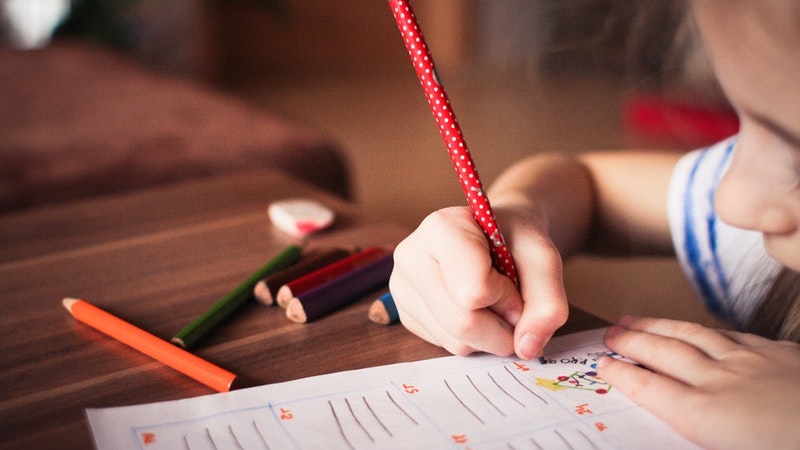Troubleshooting
Episode #10 of the course Helping your child become a better student by Rebecca Jordan
I hope you have enjoyed reading about the nine ways to make your child a better student! The lessons leading up to today do not occur in a vacuum. They are prescribed methods that are suggestions to put into practice to assist in helping your child succeed in a school environment. However, I have laid out possible scenarios that may arise during this journey and helpful hints to overcome them.
Your child has a learning disability or challenge. Some of the best students I have had in the past nine years have come to me with a learning challenge. They take ownership of their work, they know the routines and expectations of every day, and they are well-prepared. Just because your child may have an identified learning challenge does not mean that they will not be successful in school. It simply means that you have to be an advocate for your child. Know the accommodations the school can provide, know the resources available to you and your children, and work with the school to ensure that your child’s unique needs are being met.
Your child refuses to comply. Studies show that it takes six months to form a habit. Don’t give up! Admittedly, the younger your child is when you start these practices, the easier it will be. However, if you start these methods when your child is, let’s say, in middle school, it can still garner positive results. At their very core, children want to be loved and cared about, and the ones who need it the most often show it in the most unloving ways. Children also crave routine. If your life is a bit chaotic, e.g., divorce, life change, death, etc., do your best to keep things consistent to avoid disruption in the child’s life. School is sometimes a safe haven for your child because things are so often consistent and routinized. Thus, making the perception of school a positive one is very important in times like these.
You had a negative experience in school. Having a bad experience in school for one reason or another is a tough obstacle to overcome. However, keep in mind that teaching and school itself is a completely different environment than it was when we were children. School (especially elementary) is focused on teaching the “whole child,” and emotional education is just as significant as teaching the children the material they will need to know for standardized testing. Teachers are tuned into children’s needs more than ever. There are also several resources available to you if you feel they are needed: individual counseling, behavioral evaluations, emotional evaluations, small group counseling, behavior intervention plans, educational intervention plans, etc.
The teachers and staff at any school are mandated by law to find the best possible solutions to help make your children successful in school. Your child’s teacher is the easiest access to these types of services. You may also seek out the school counselor if you feel that your child could benefit from that service as well. The curriculum resource teacher at any school is typically your point of entry to seek educational services for your child. Don’t be afraid to ask for these types of accommodations or services for your child—after all, “it takes a village”!
I hope you have found this and the other nine lessons helpful, enjoyable, and achievable. Helping your child become a better student is possible at any stage in their educational lives. The first step is connecting with your child in such a way that lets them know that you are an advocate for them and their success. Thank you, and good luck in your endeavors!
Recommended book
Share with friends

